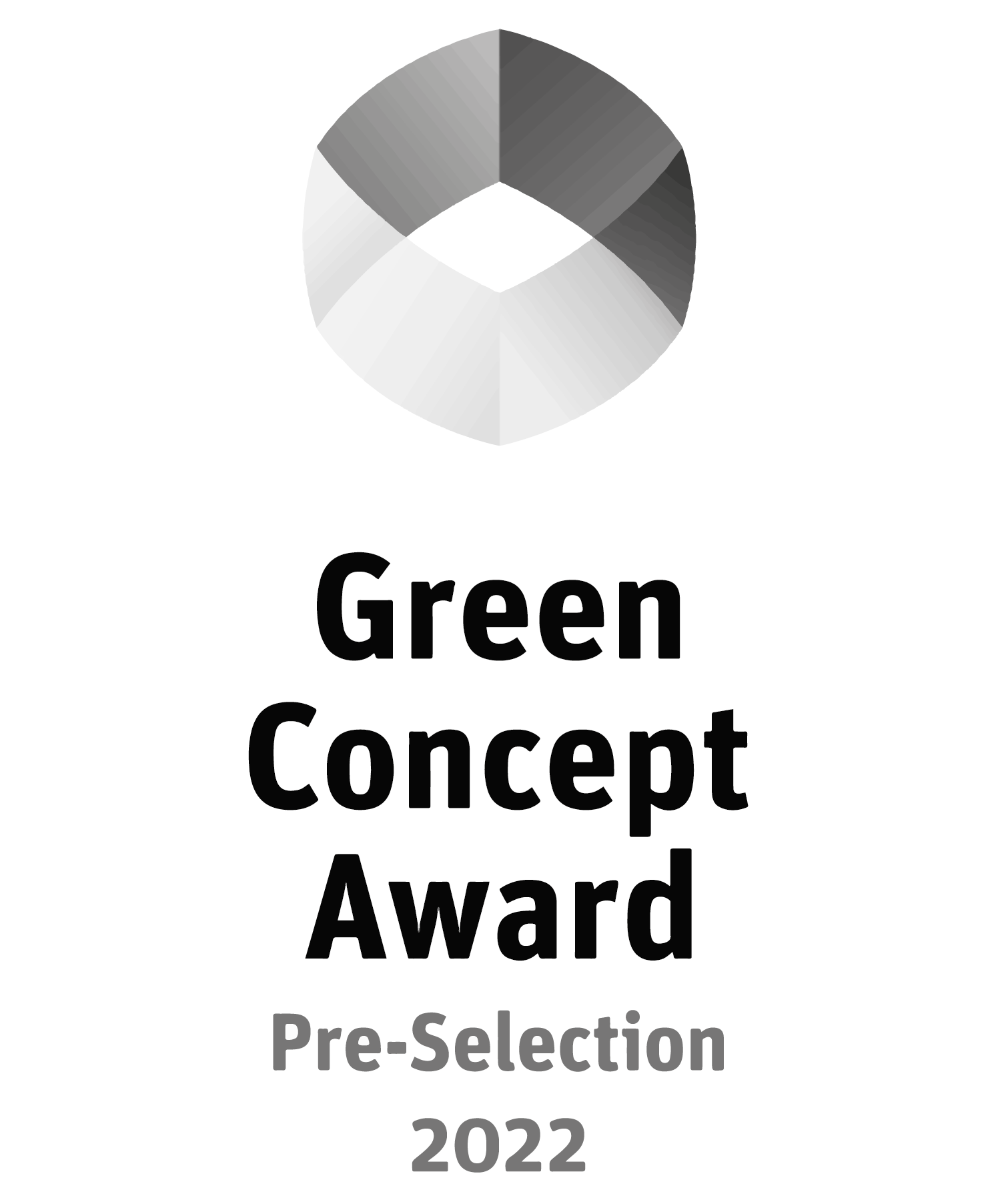
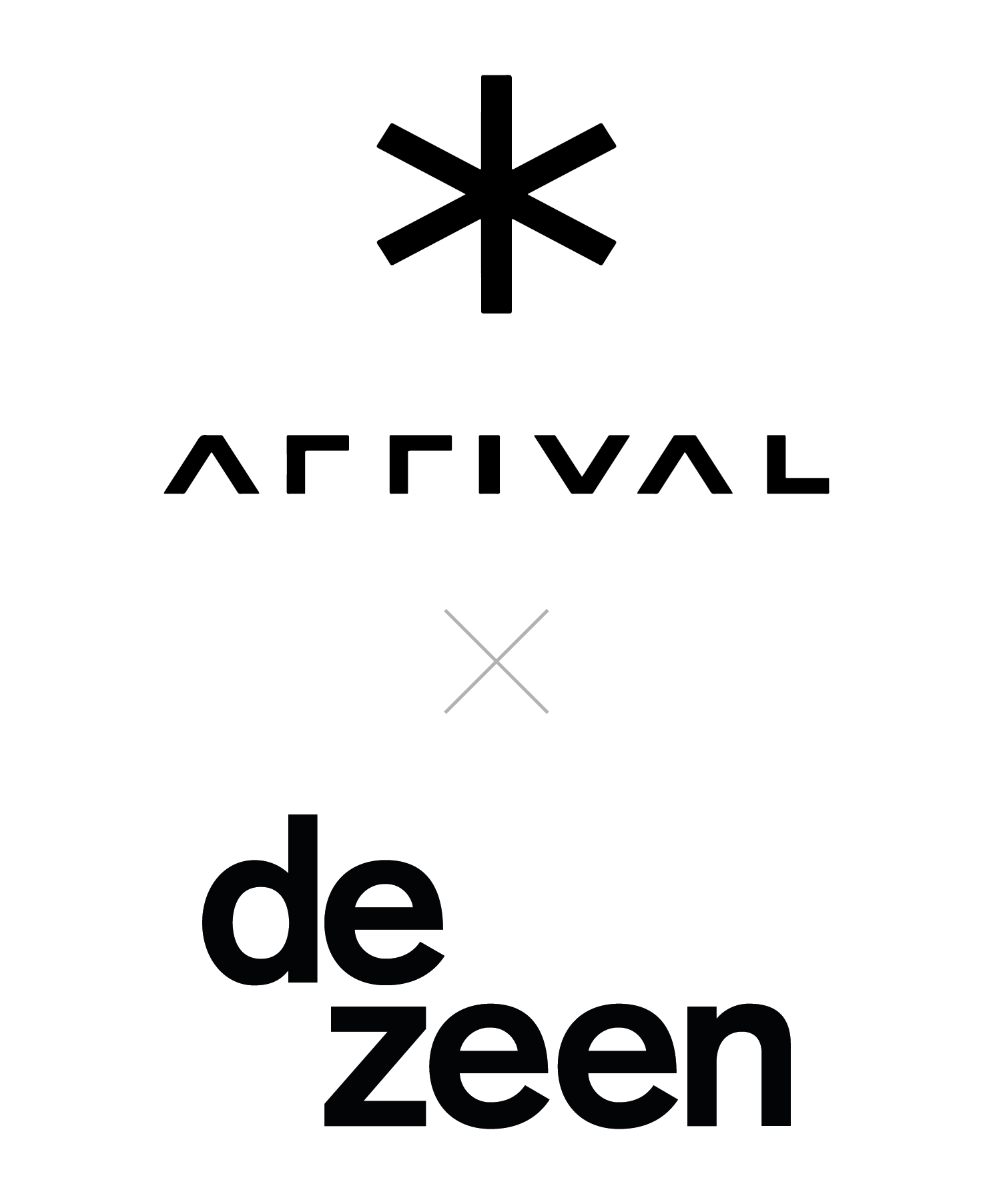


TASK _ DESIGN A MOBILITY CONCEPT FOR RURAL AREAS
WITH A FOCUS ON REGIONAL CHARACTERISTICS
︎︎︎
WHY ?
SEEKING WHAT IS LOST




To make the way we travel sustainable, a re-evaluation of our dependence on the automobile, especially in rural and suburban areas, is necessary. That is why it is important to make public transportation more attractive to compete with the comfort of the automobile. When looking at the German traffic network, a pronounced imbalance becomes apparent. The infrastructure for cars dominates the infrastructure for rail disproportionately. In the last 100 years, the state of Schleswig Holstein alone has discontinued over half of its rail routes. These facts prompted us to take a closer look at one of those discontinued routes and develop the ABACUS principle for it.
It is focusing on reinterpreting the values and social function of a historic rural train route to the present day.

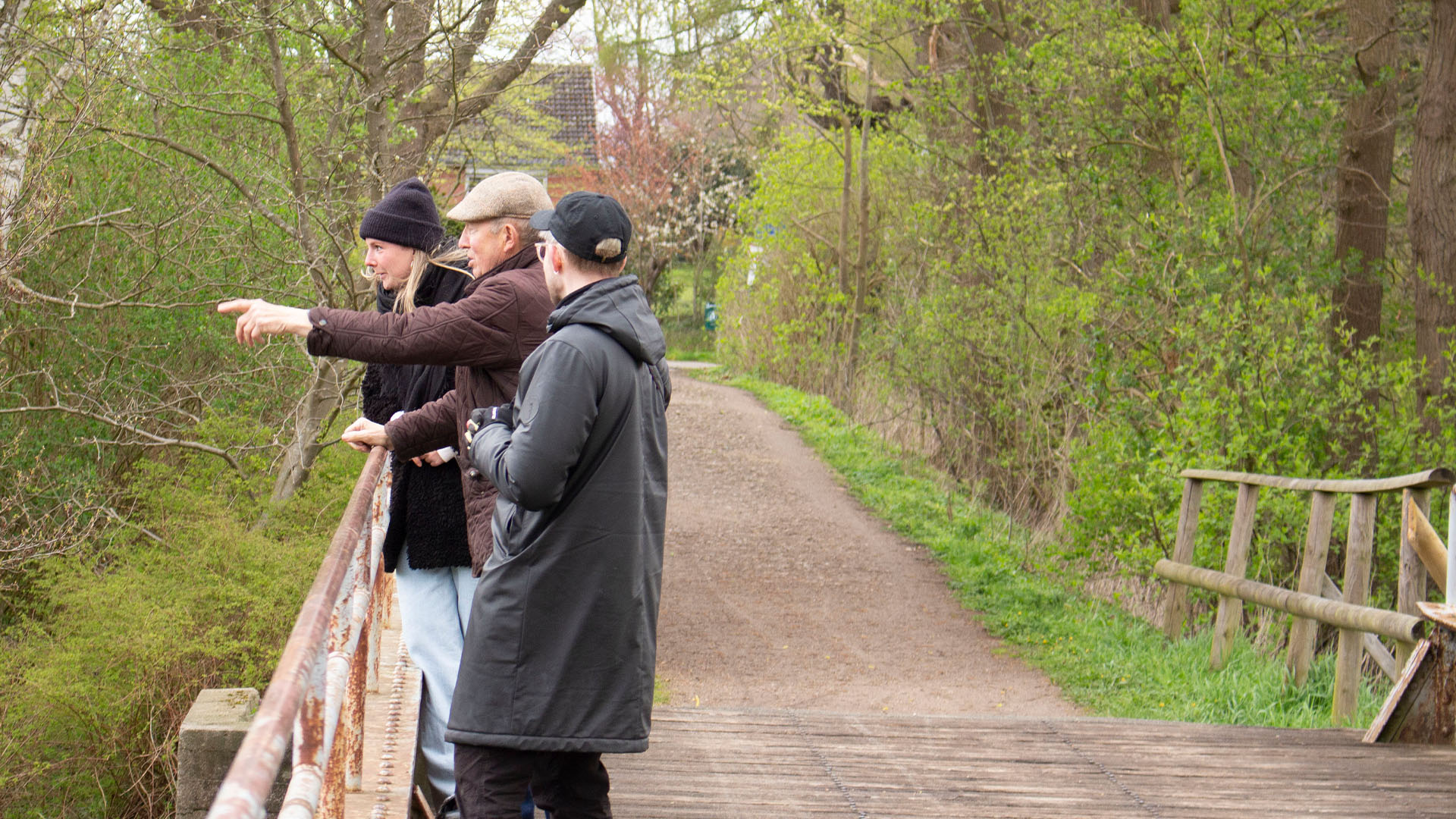
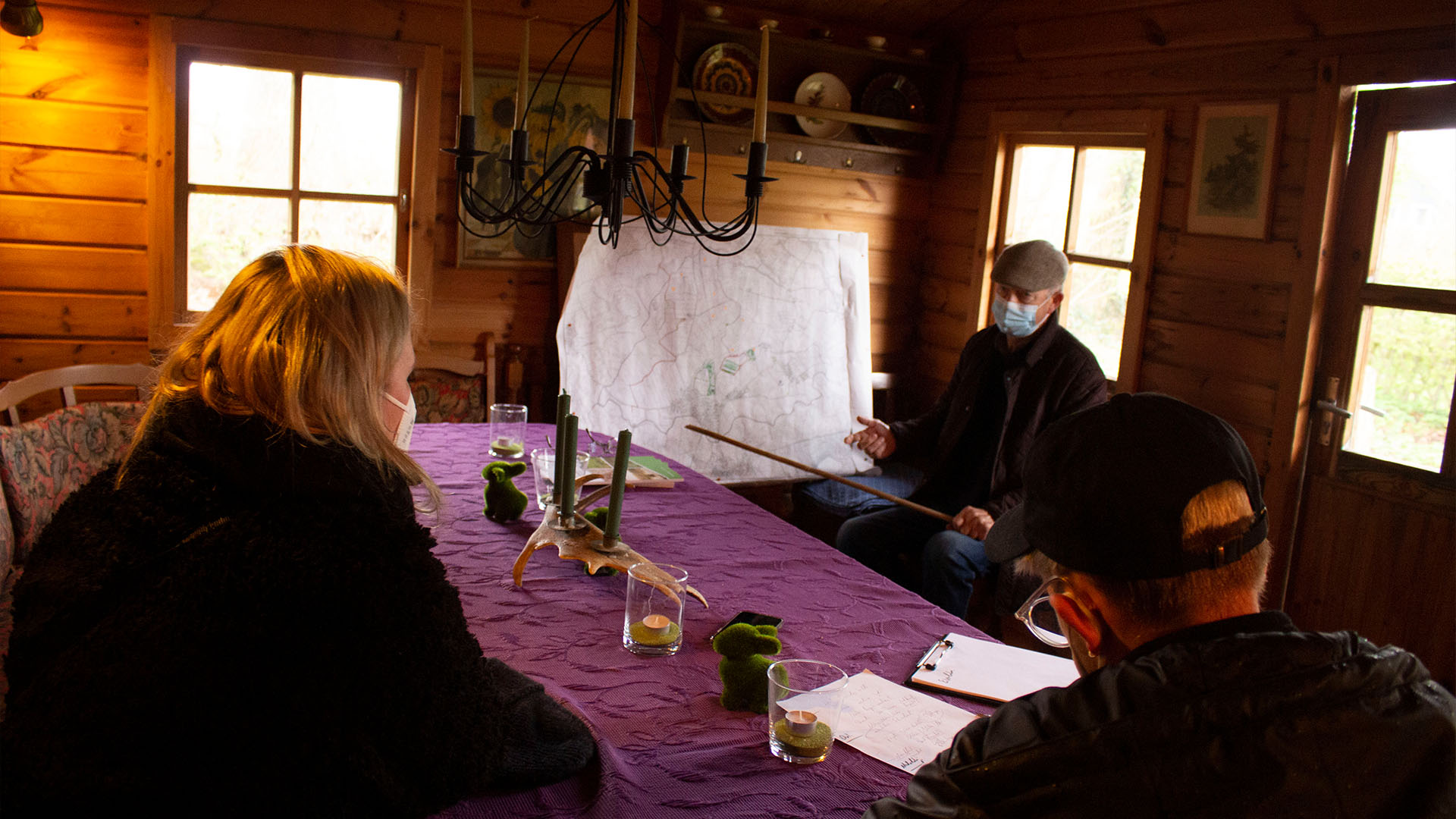
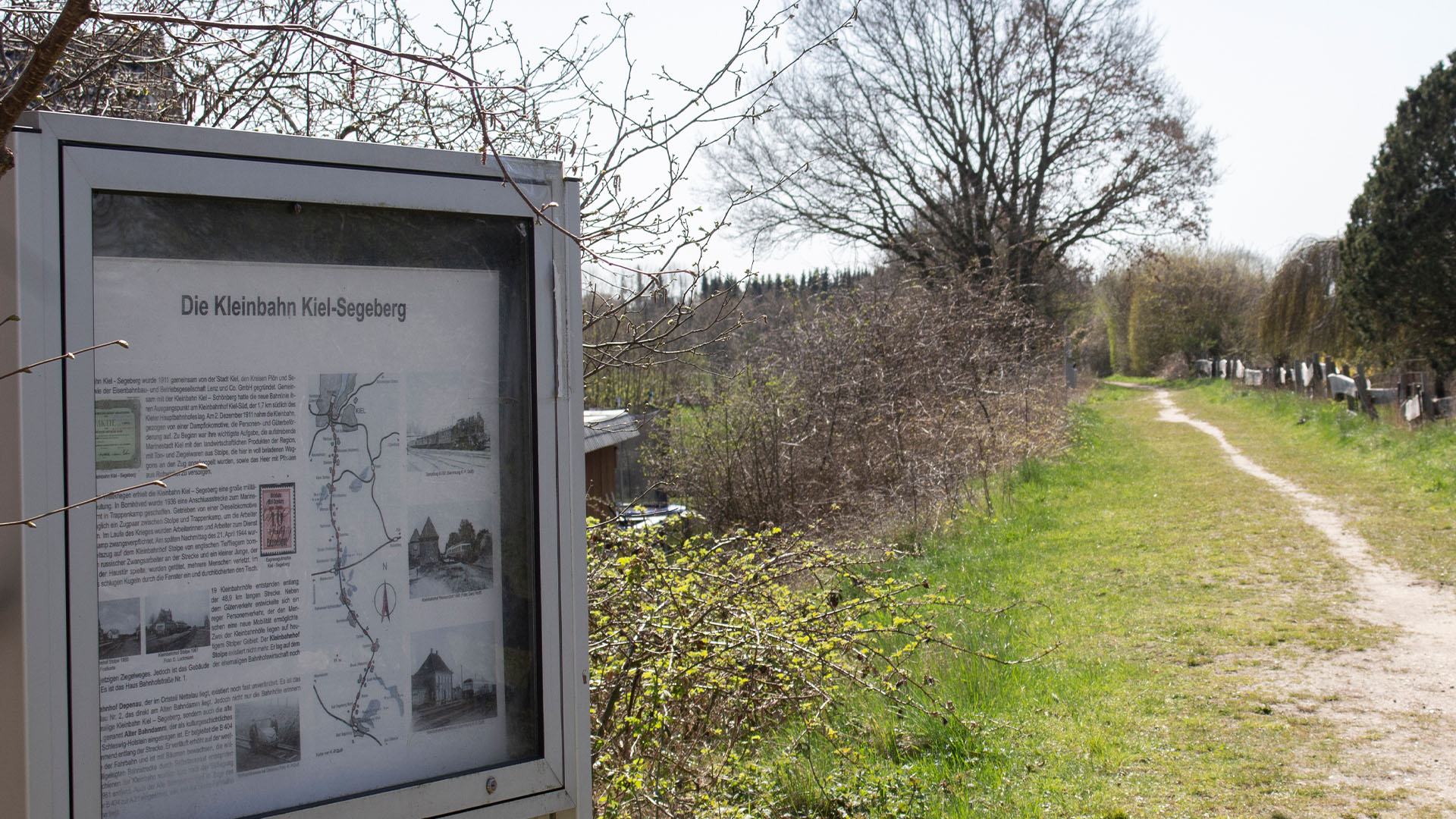
PART _ 2
CONCEPT FOCUS AND FRAMEWORK CONDITIONS
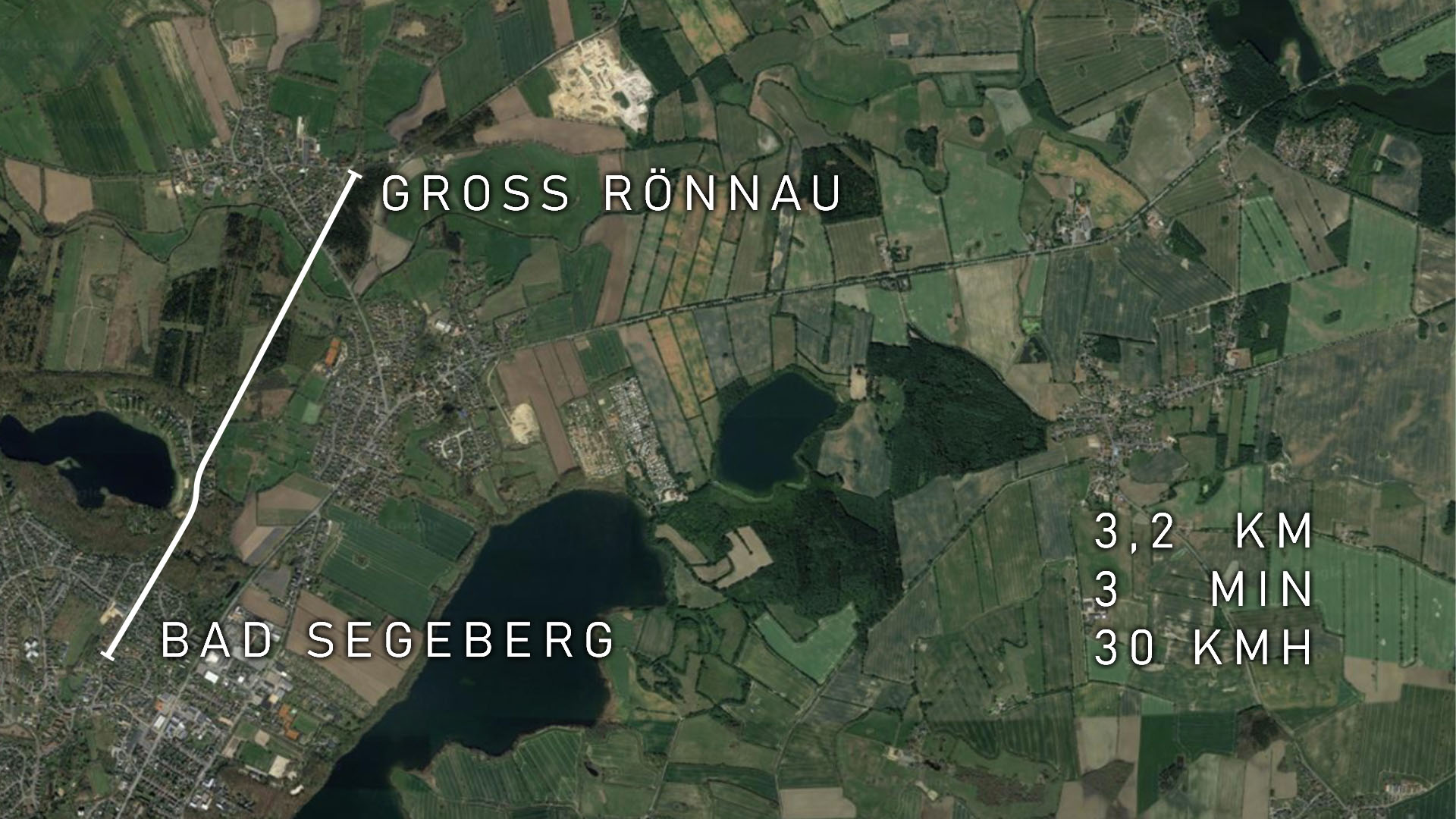
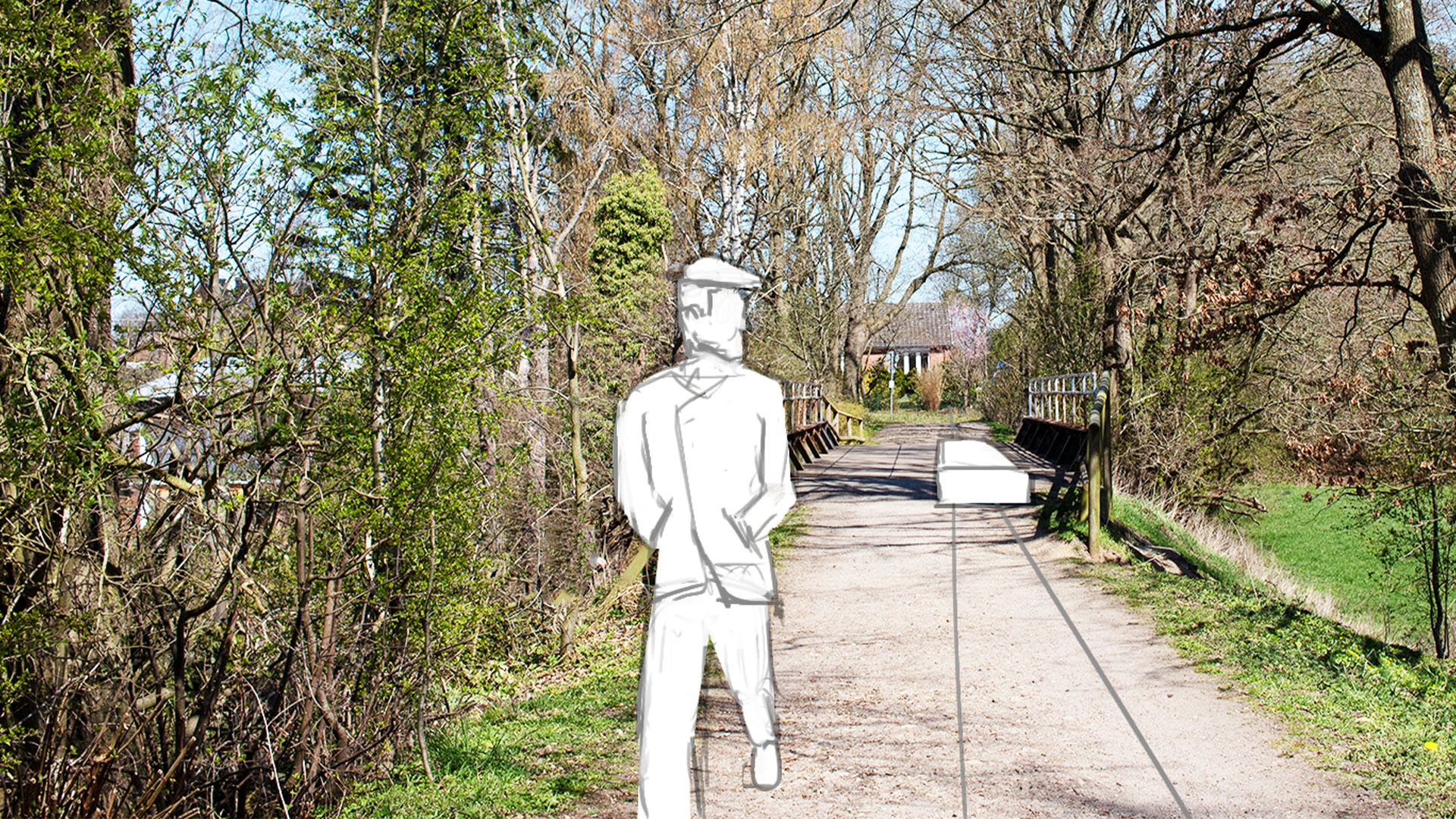
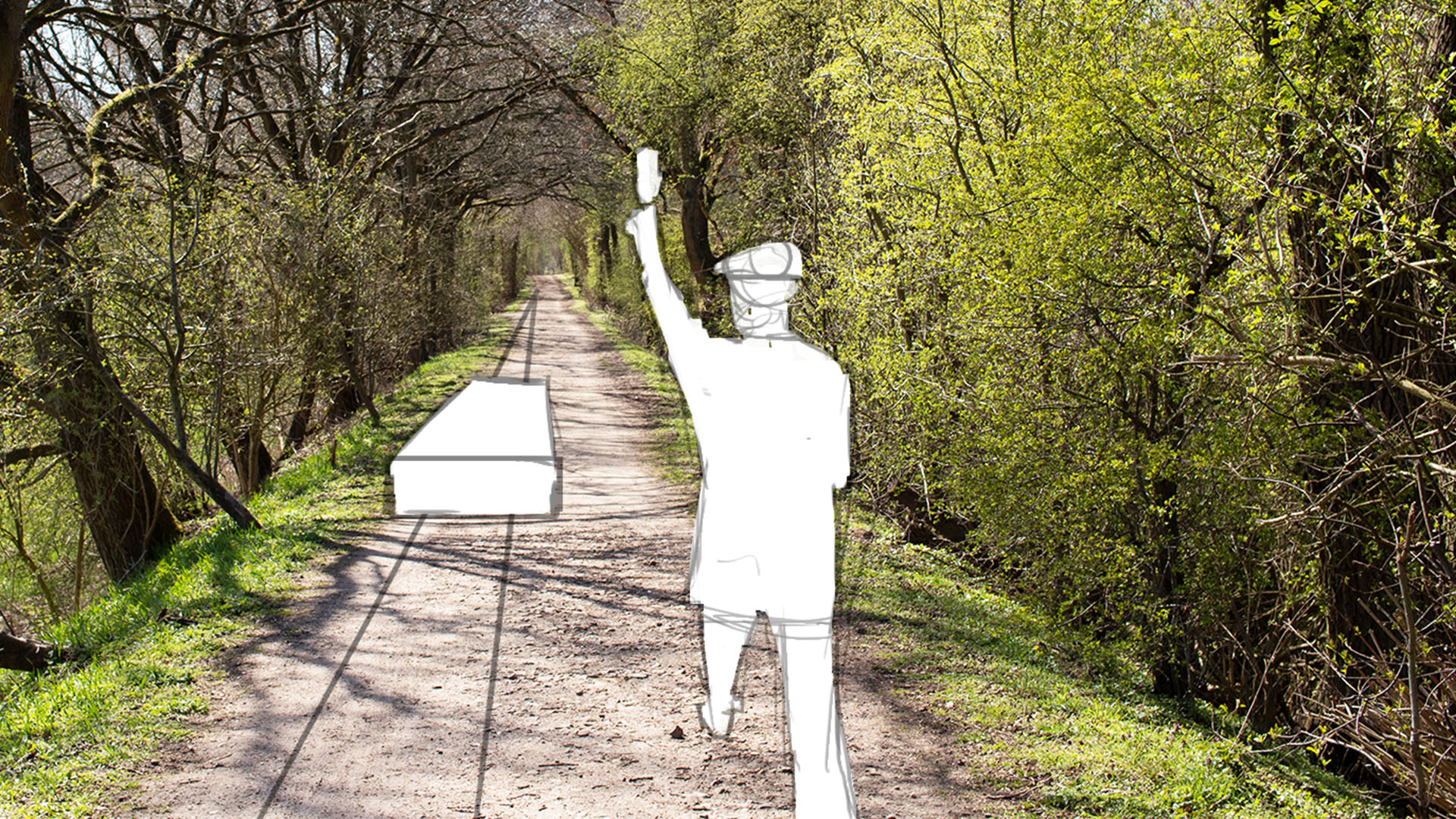
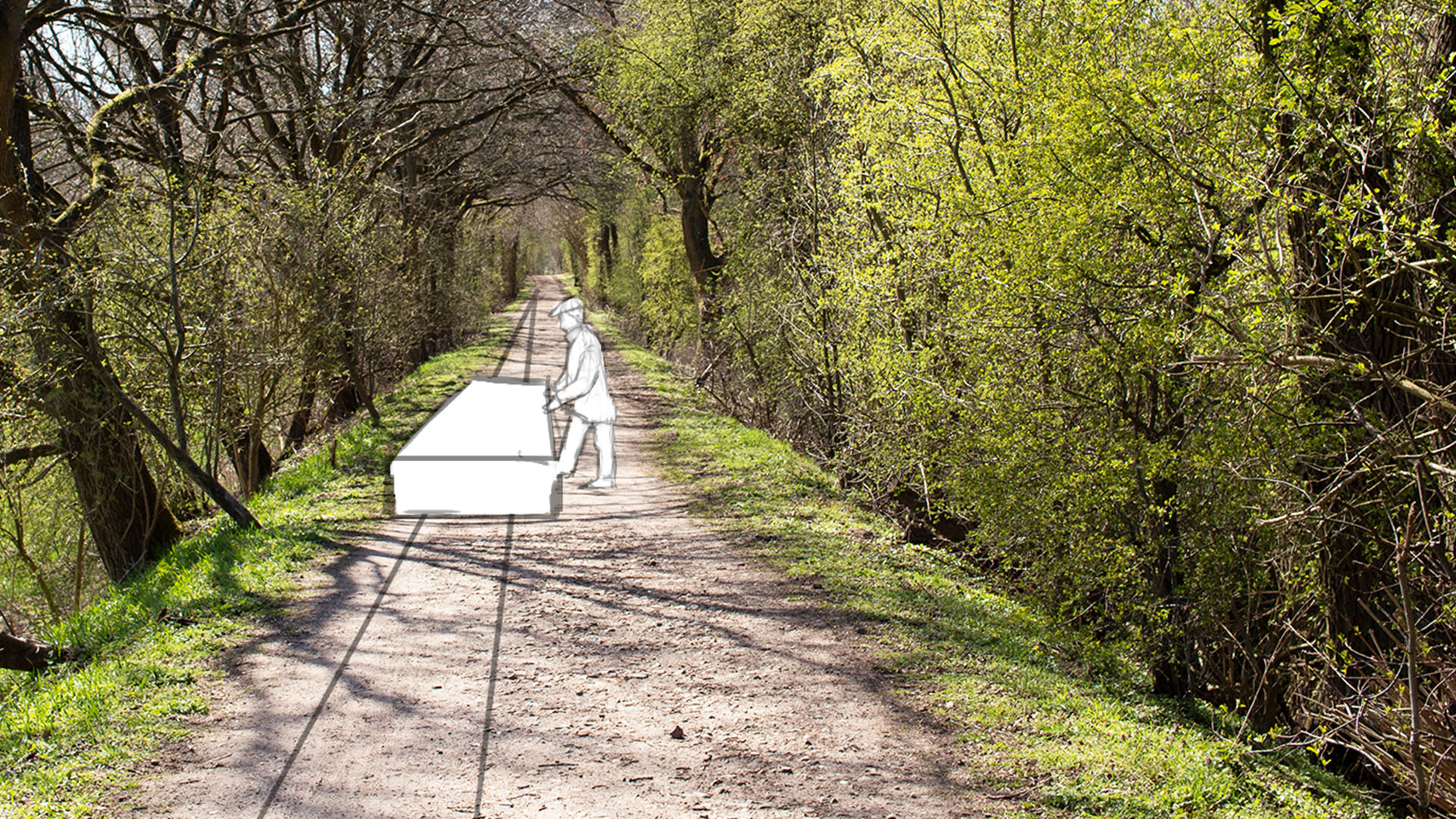
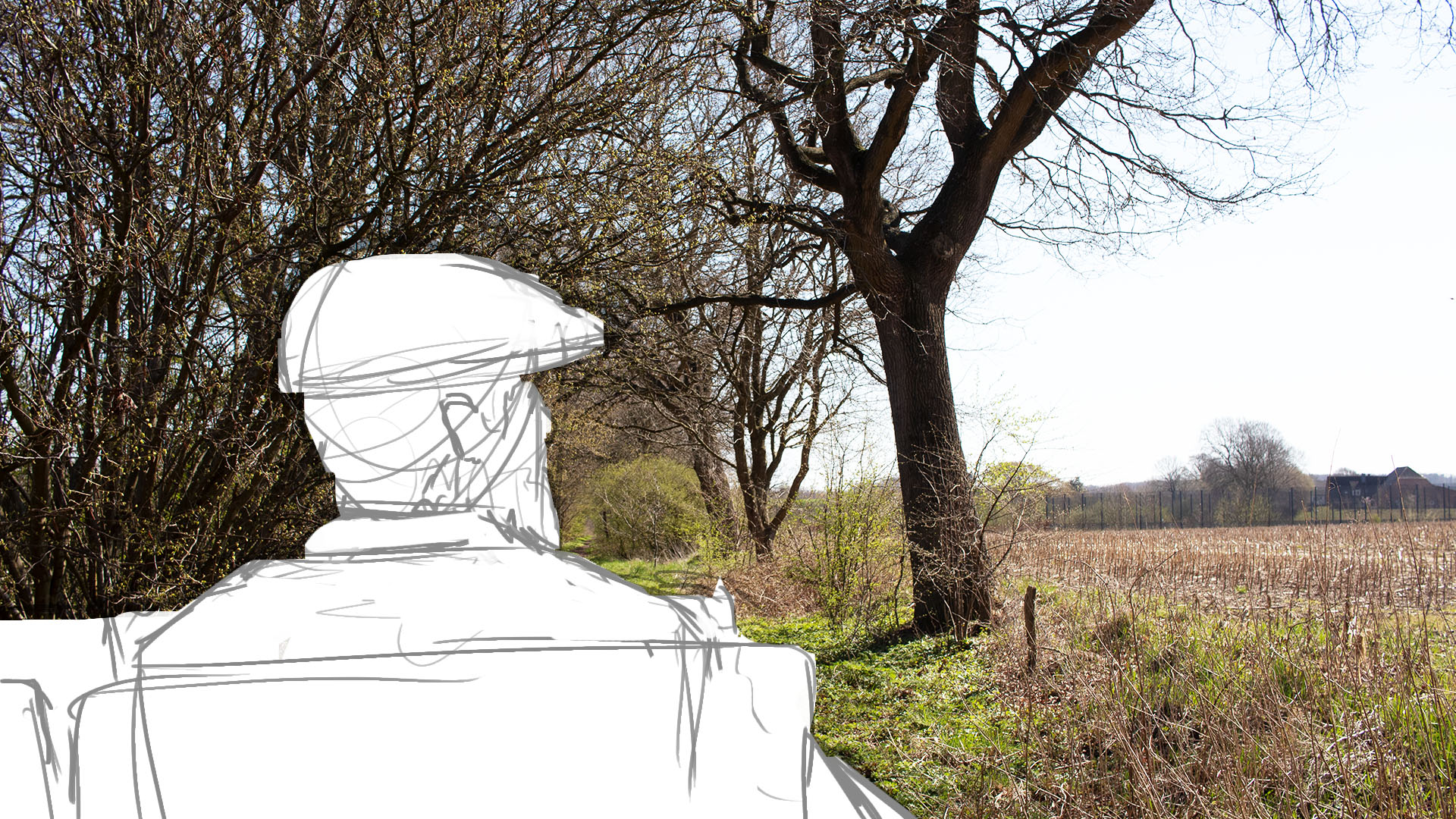
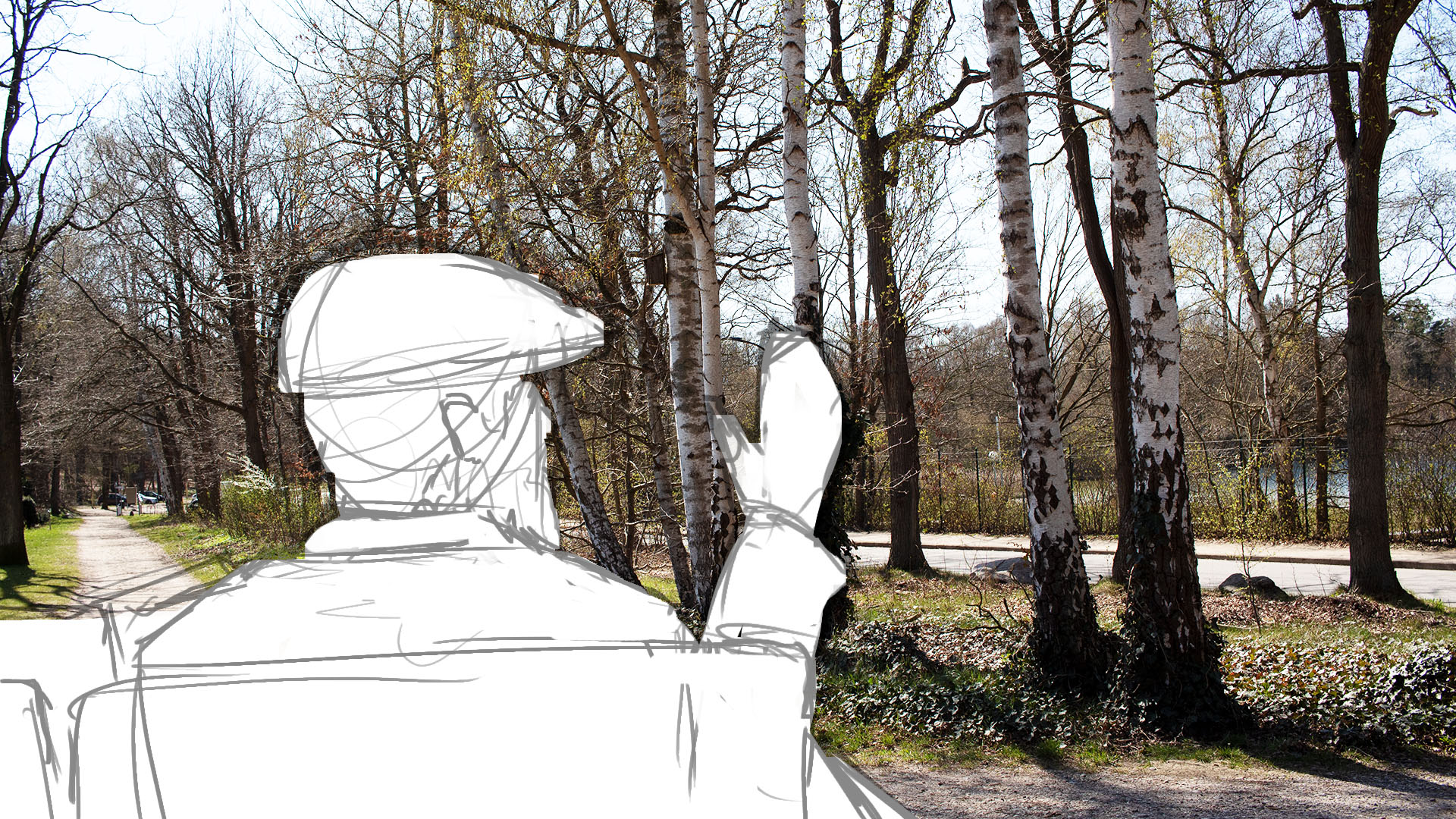
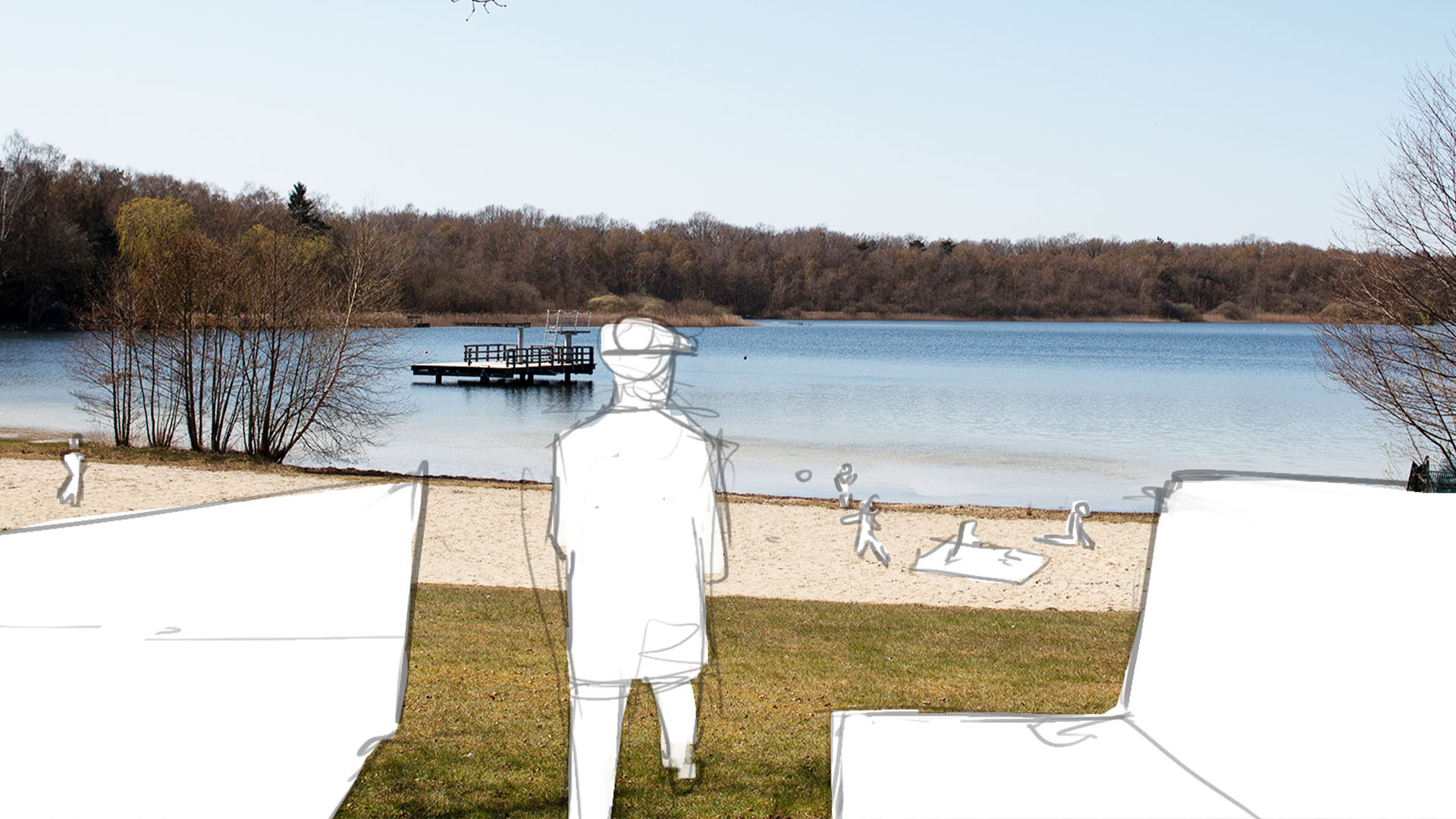
This transportation concept is based on utilizing short, regional routes. Thanks to the short track, ABACUS can reach every point on the route in a few minutes. Instead of rigid schedules and train stops.
How it works: Passengers can always enter and exit the vehicle. The rails asymmetrically run along one side of the trail, to leave enough space for pedestrians and cyclists.
The product architecture should be designed specifically for hop on hop off interaction.
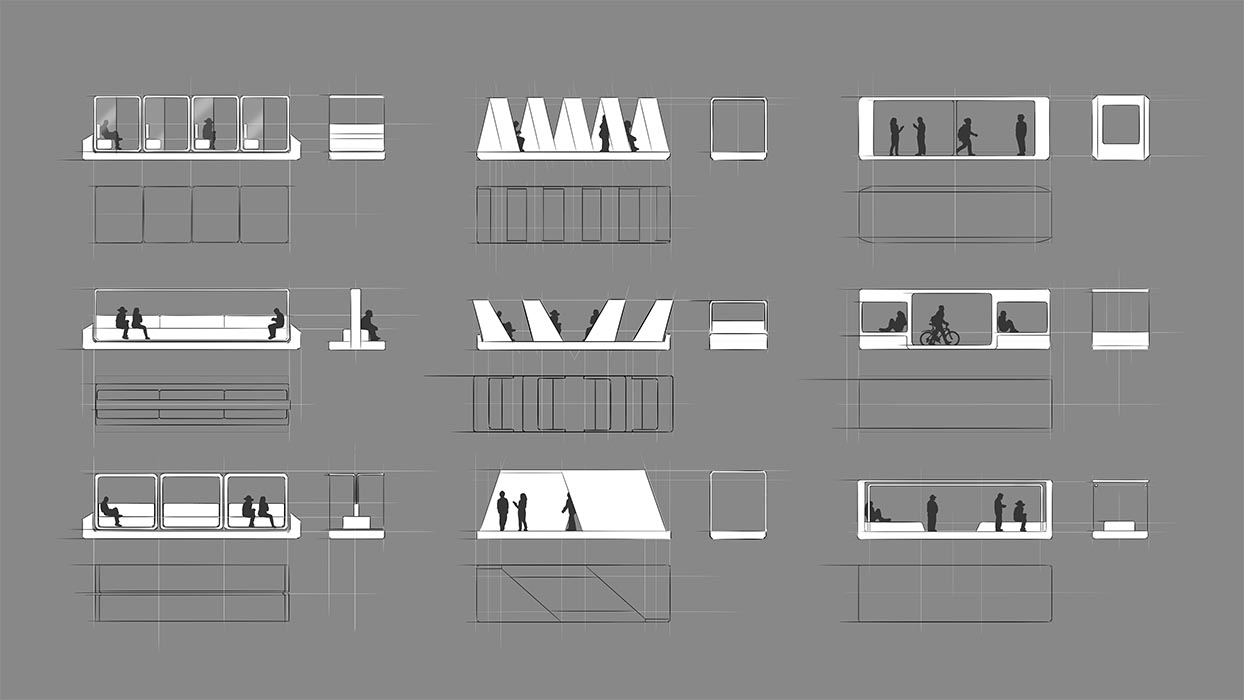

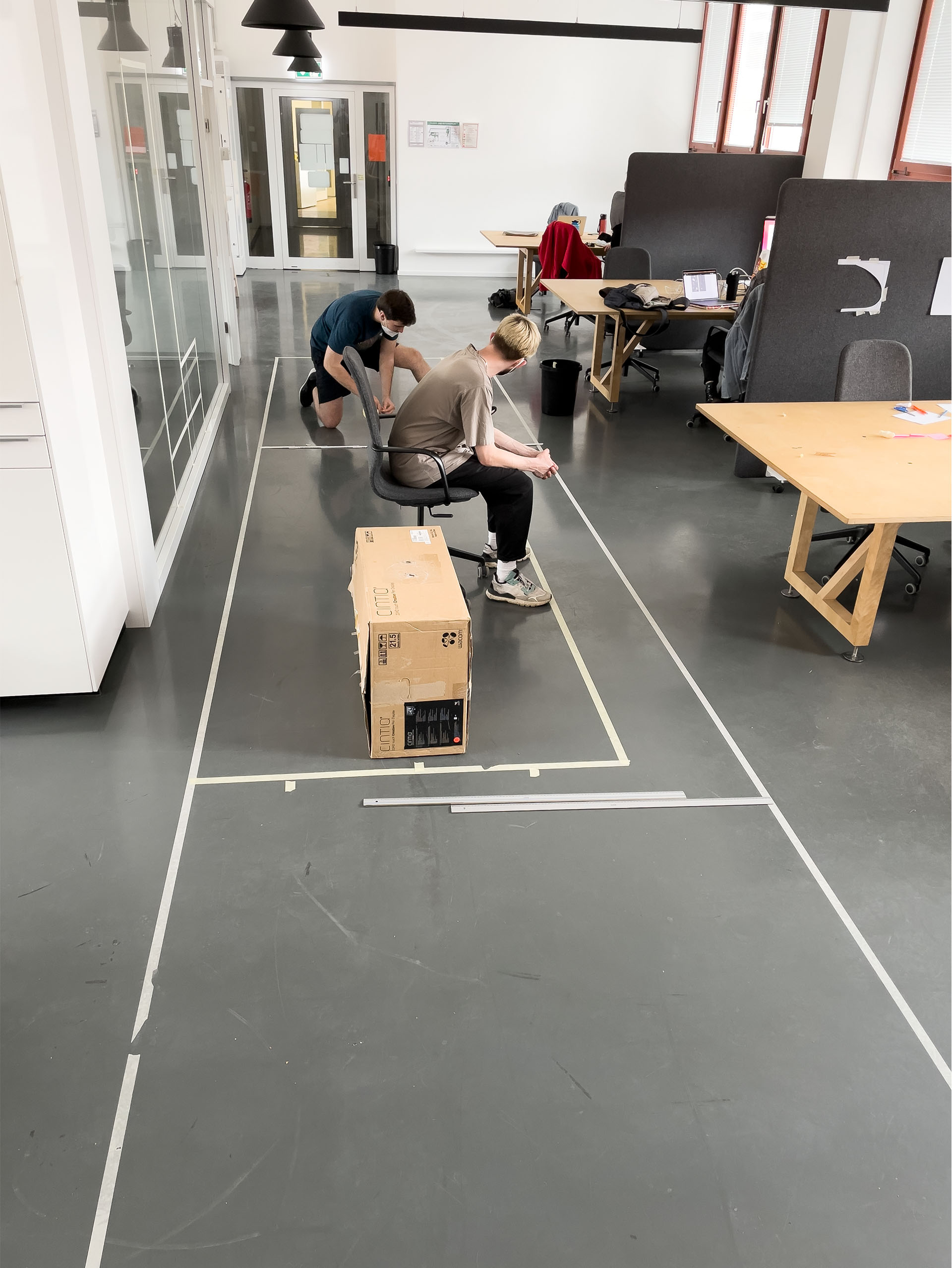
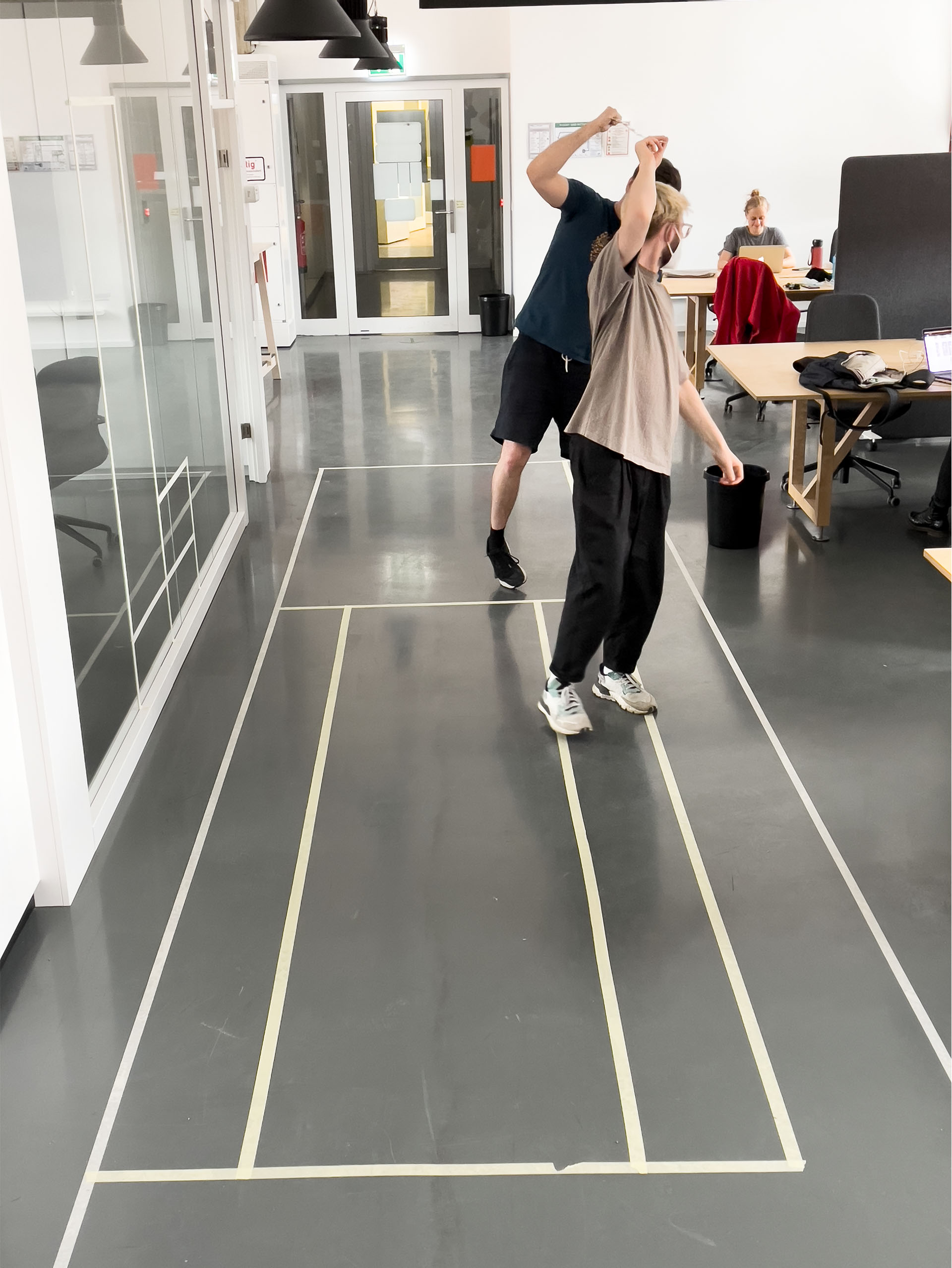

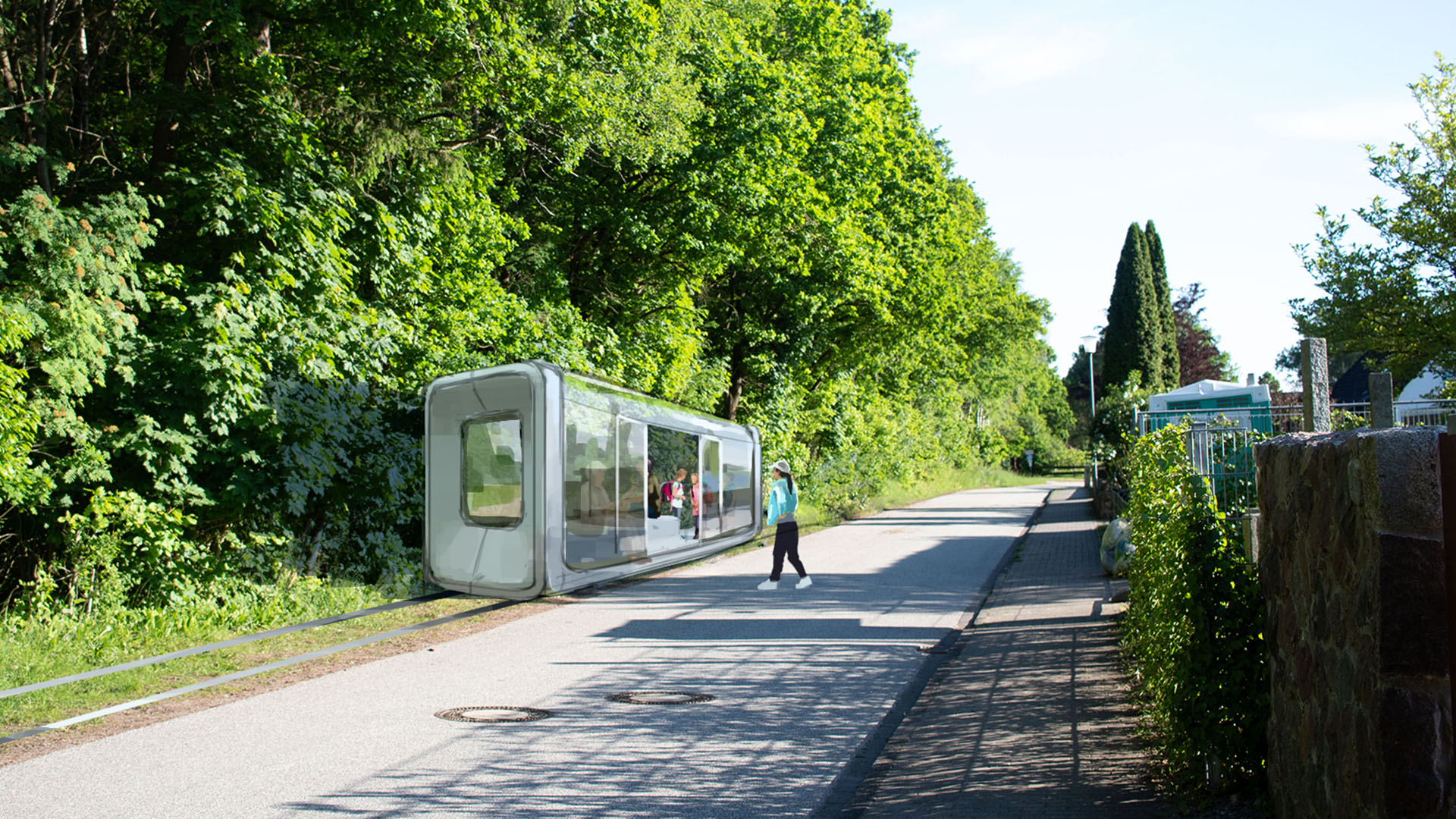

In the development phase, we put the regional conditions, namely the path with its historical significance, more and more in the spotlight, which resulted in a very radical archetype. The open sides and low floor of the vehicle enable maximum accessibility. Two handrails frame the sides of the interior, acting as a medium for new ways of sitting, leaning, and holding on while enjoying nature passing by.
The rail track itself contains a power line that enables the tram to be powered by induction. This eliminates the need for large batteries and ensures lower weight and less environmental impact.


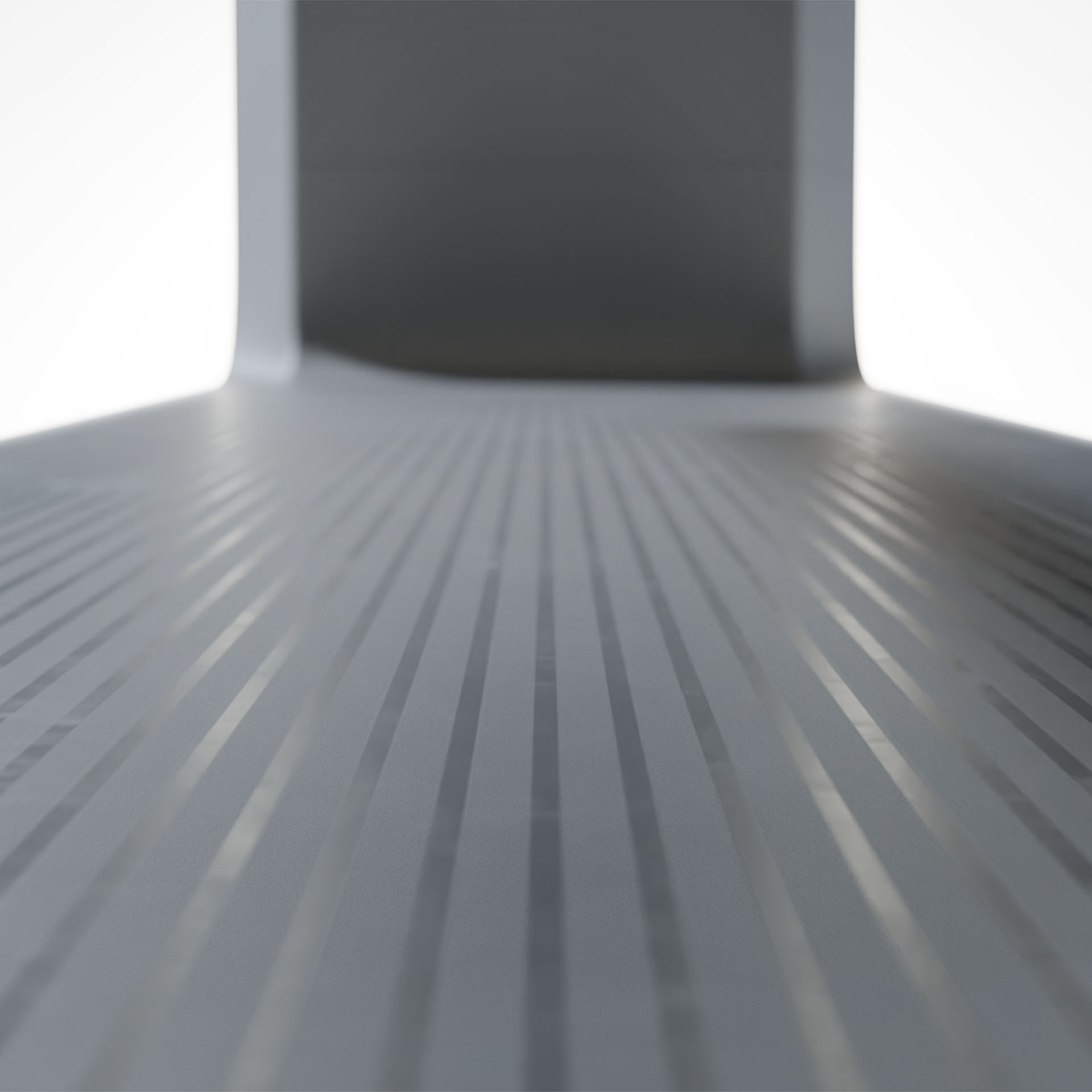
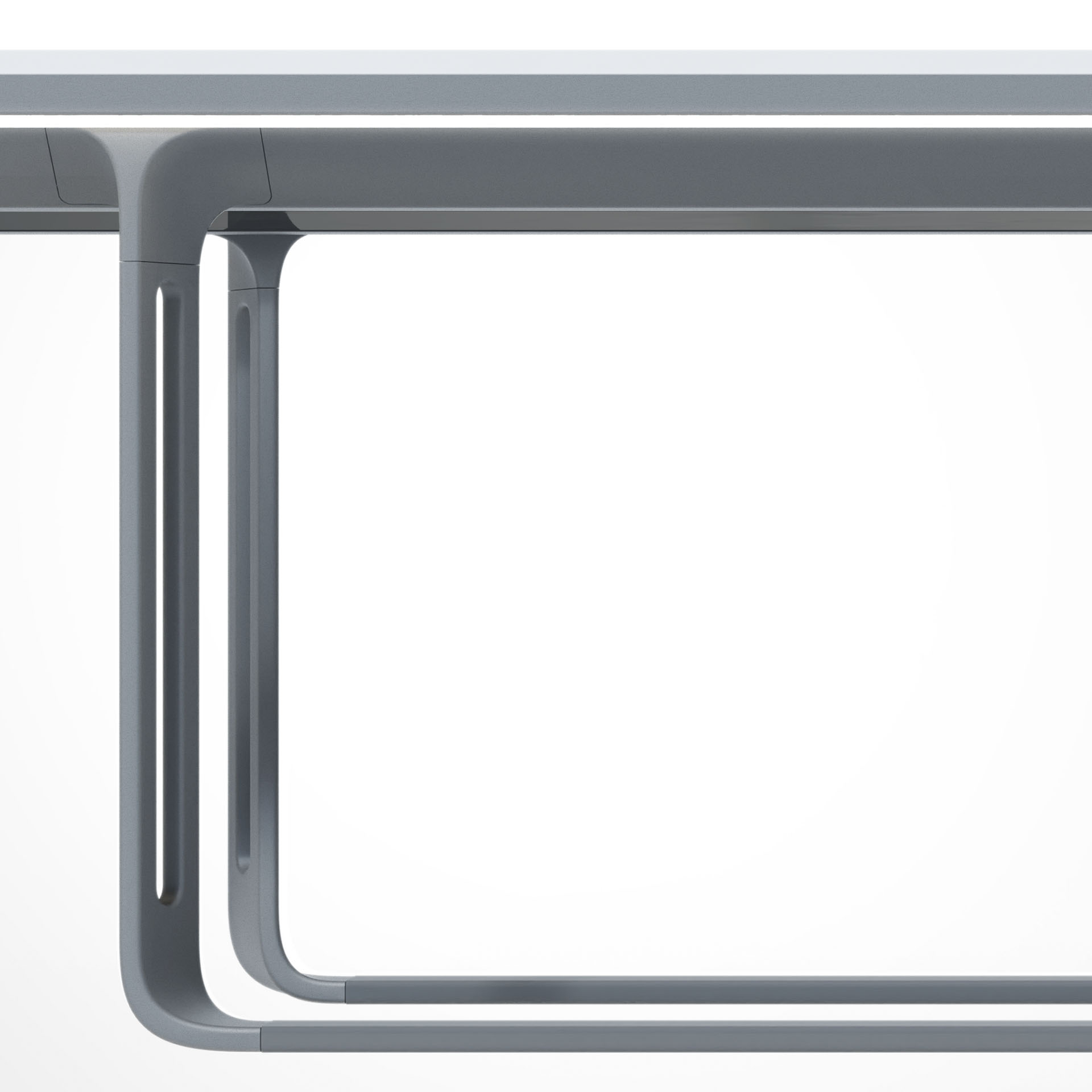

PROJECT VIDEO / PRESENTATION
TASK _ DESIGN A MOBILITY CONCEPT FOR RURAL AREAS
WITH A FOCUS ON REGIONAL CHARACTERISTICS
︎︎︎
WHY ?
SEEKING WHAT IS LOST




To make the way we travel sustainable, a re-evaluation of our dependence on the automobile, especially in rural and suburban areas, is necessary. That is why it is important to make public transportation more attractive to compete with the comfort of the automobile. When looking at the German traffic network, a pronounced imbalance becomes apparent. The infrastructure for cars dominates the infrastructure for rail disproportionately. In the last 100 years, the state of Schleswig Holstein alone has discontinued over half of its rail routes. These facts prompted us to take a closer look at one of those discontinued routes and develop the ABACUS principle for it.
It is focusing on reinterpreting the values and social function of a historic rural train route to the present day.




HOW ?
CONCEPT FOCUS AND FRAMEWORK CONDITIONS







This transportation concept is based on utilizing short, regional routes. Thanks to the short track, ABACUS can reach every point on the route in a few minutes. Instead of rigid schedules and train stops.
How it works: Passengers can always enter and exit the vehicle. The rails asymmetrically run along one side of the trail, to leave enough space for pedestrians and cyclists.
The product architecture should be designed specifically for hop on hop off interaction.




In the development phase, we put the regional conditions, namely the path with its historical significance, more and more in the spotlight, which resulted in a very radical archetype. The open sides and low floor of the vehicle enable maximum accessibility. Two handrails frame the sides of the interior, acting as a medium for new ways of sitting, leaning, and holding on while enjoying nature passing by.
The rail track itself contains a power line that enables the tram to be powered by induction. This eliminates the need for large batteries and ensures lower weight and less environmental impact.





PROJECT VIDEO / PRESENTATION
FINAL
RESULT
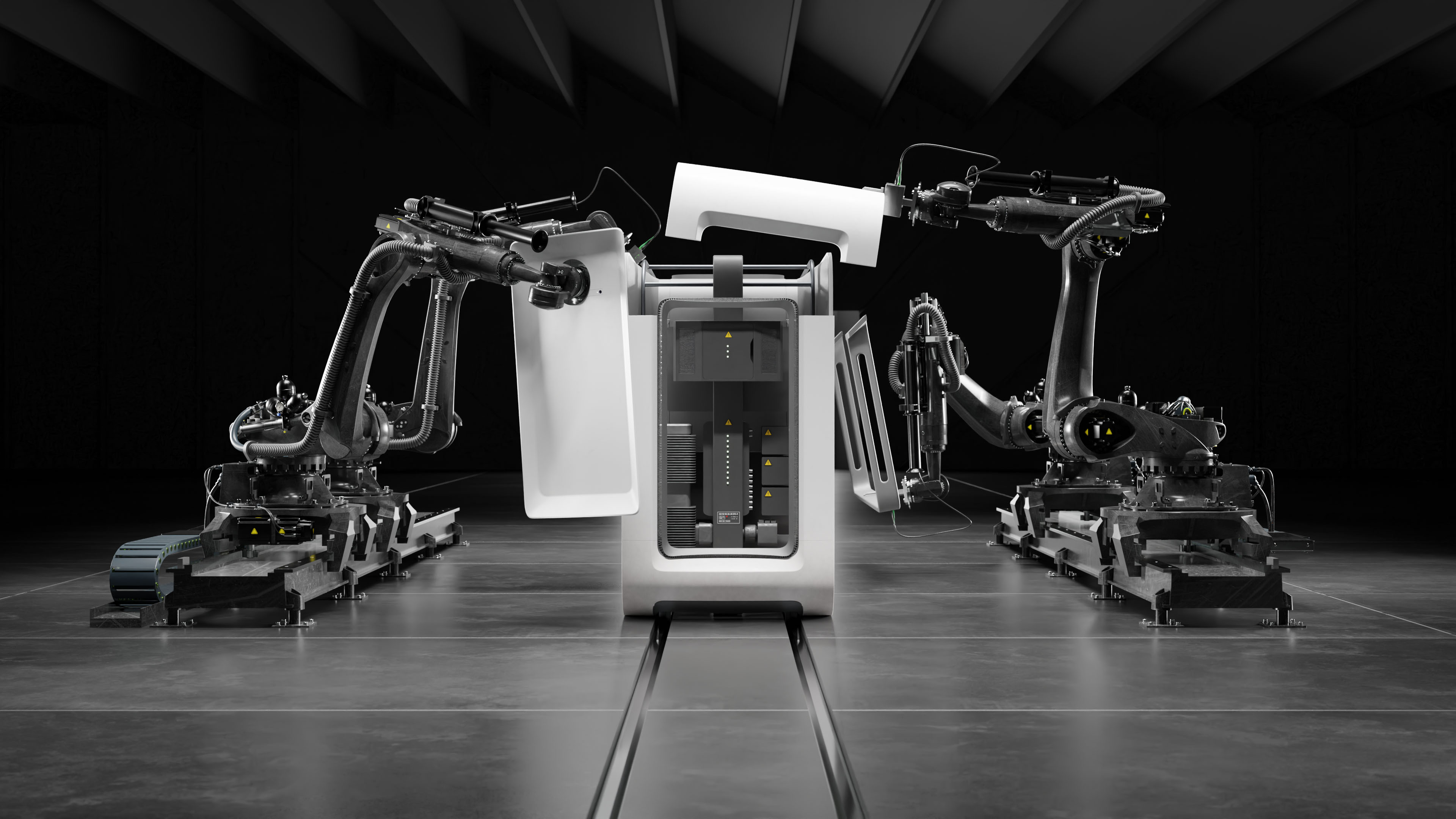
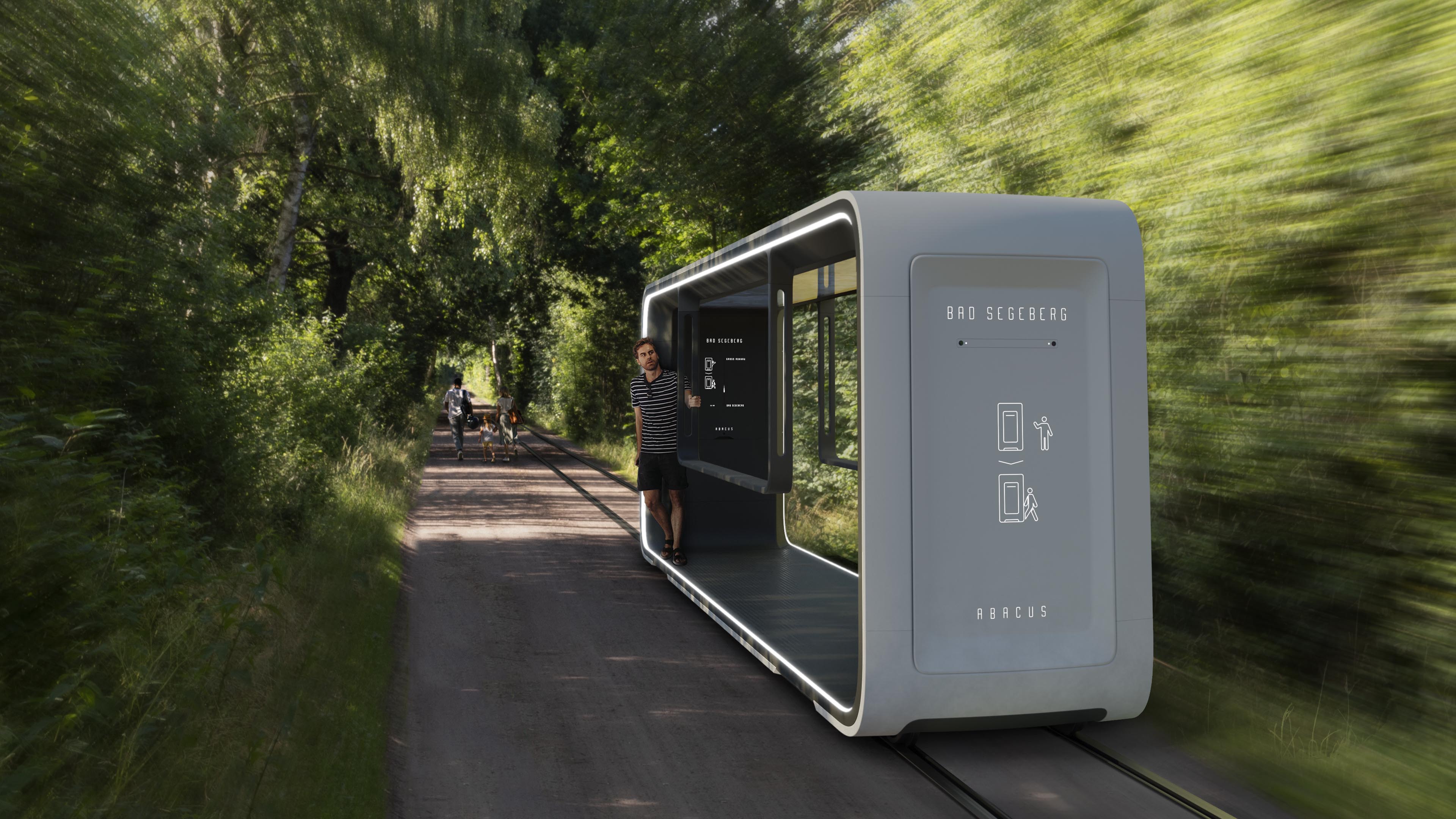

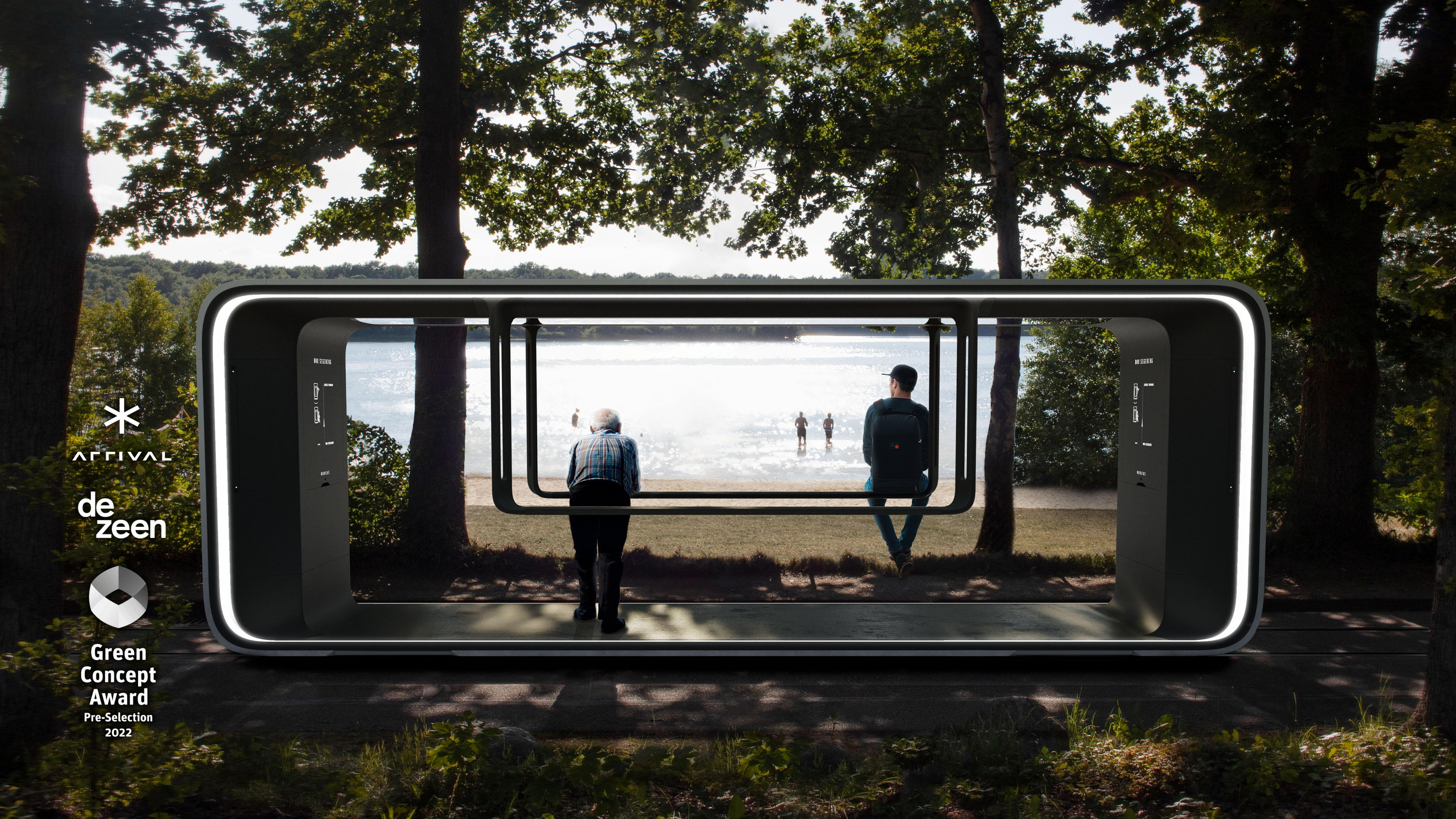
Project Titel _ ABACUS | +2 Team members / Lea Haats & Erik Mantz-Hansen
Supervised by Prof. Detlef Rhein, Prof. Manfred Schulz & Prof. Christian Teckert | Muthesius University of Fine Arts and Design Kiel
Developed in cooperation with the EKSH / Enterprise for Energy & Climate Protection Schleswig-Holstein
Preselected by the green concept Award 2022
Finalist in the Future Mobility Competition powered by Arrival 2022
Published by Dezeen on 30/06/2022
Also publised by 1E9 / ZME Science / Futuro Prossimo / The Mayor.eu / Mobilita.org / Creapills / Milano Città Stato / Velle Intelligente Mag / Détours / Business AM / L´Usine Nouvelle / Nauka OFFNews
Big thanks to Klaus Rathje for the insights and interview.
Special thanks to Maarten Schellekens for camera and video work.
Supervised by Prof. Detlef Rhein, Prof. Manfred Schulz & Prof. Christian Teckert | Muthesius University of Fine Arts and Design Kiel
Developed in cooperation with the EKSH / Enterprise for Energy & Climate Protection Schleswig-Holstein
Preselected by the green concept Award 2022
Finalist in the Future Mobility Competition powered by Arrival 2022
Published by Dezeen on 30/06/2022
Also publised by 1E9 / ZME Science / Futuro Prossimo / The Mayor.eu / Mobilita.org / Creapills / Milano Città Stato / Velle Intelligente Mag / Détours / Business AM / L´Usine Nouvelle / Nauka OFFNews
Big thanks to Klaus Rathje for the insights and interview.
Special thanks to Maarten Schellekens for camera and video work.
Project Titel _ ABACUS | +2 Team members / Lea Haats & Erik Mantz-Hansen | Supervised by Prof. Detlef Rhein, Prof. Manfred Schulz & Prof. Christian Teckert | Muthesius University of Fine Arts and Design Kiel | Developed in cooperation with the EKSH / Enterprise for Energy & Climate Protection Schleswig-Holstein | Preselected by the green concept Award 2022 |
Finalist in the Future Mobility Competition powered by Arrival 2022 | Published by Dezeen on 30/06/2022 |
Also publised by 1E9 / ZME Science / Futuro Prossimo / The Mayor.eu / Mobilita.org / Creapills / Milano Città Stato / Velle Intelligente Mag / Détours / Business AM / L´Usine Nouvelle / Nauka OFFNews
Big thanks to Klaus Rathje for insights and interview | Special thanks to Maarten Schellekens for camera and video work
Big thanks to Klaus Rathje for insights and interview | Special thanks to Maarten Schellekens for camera and video work